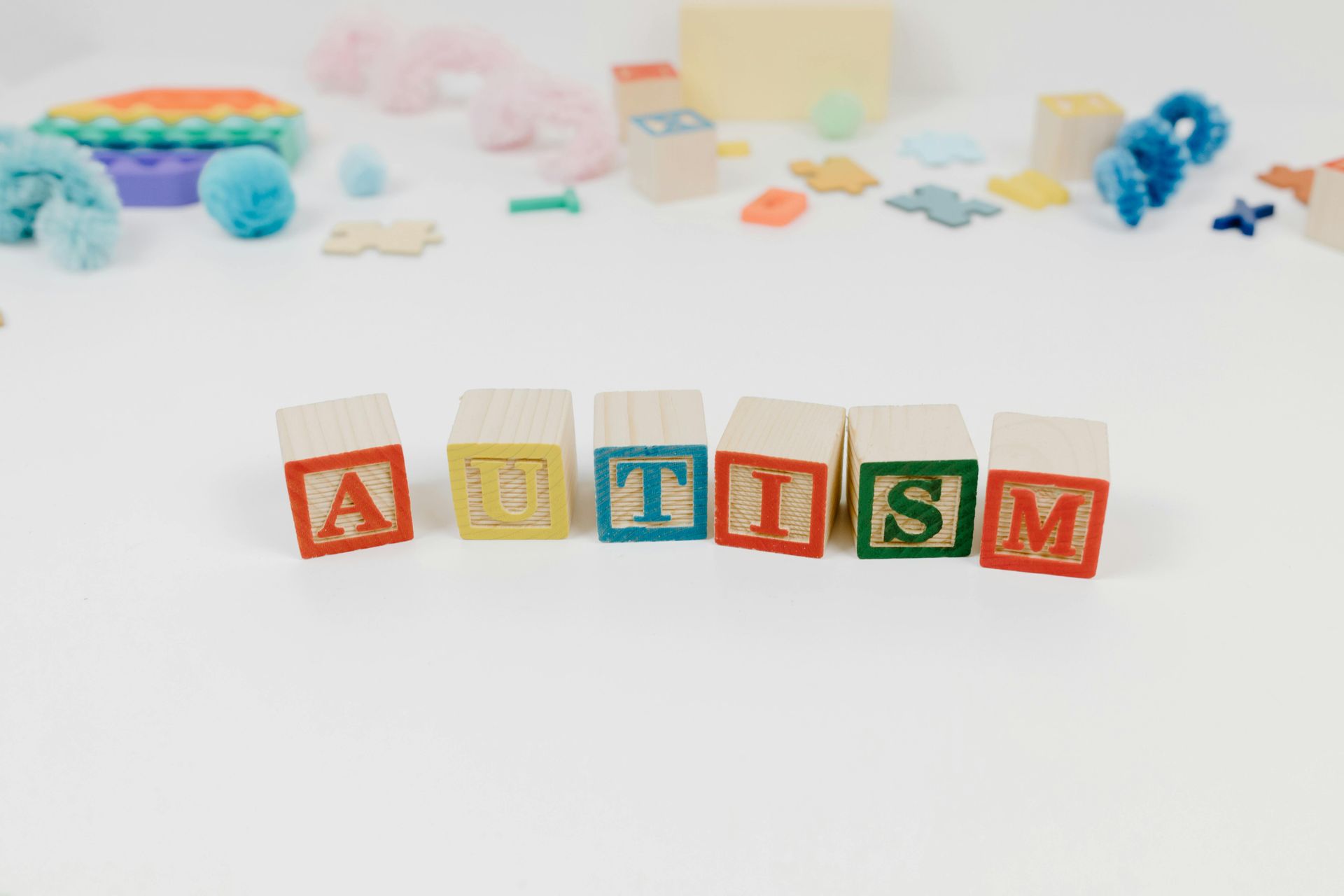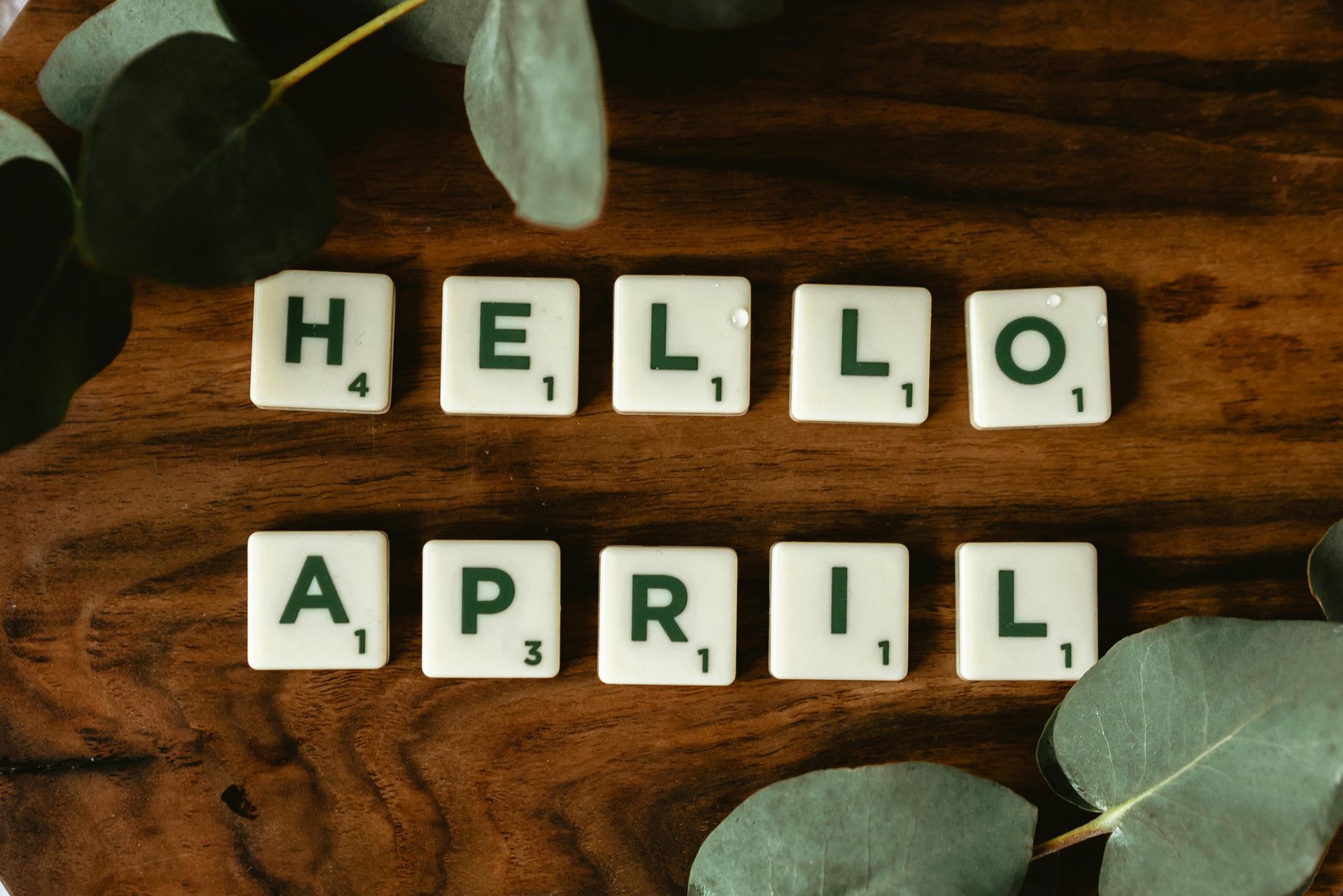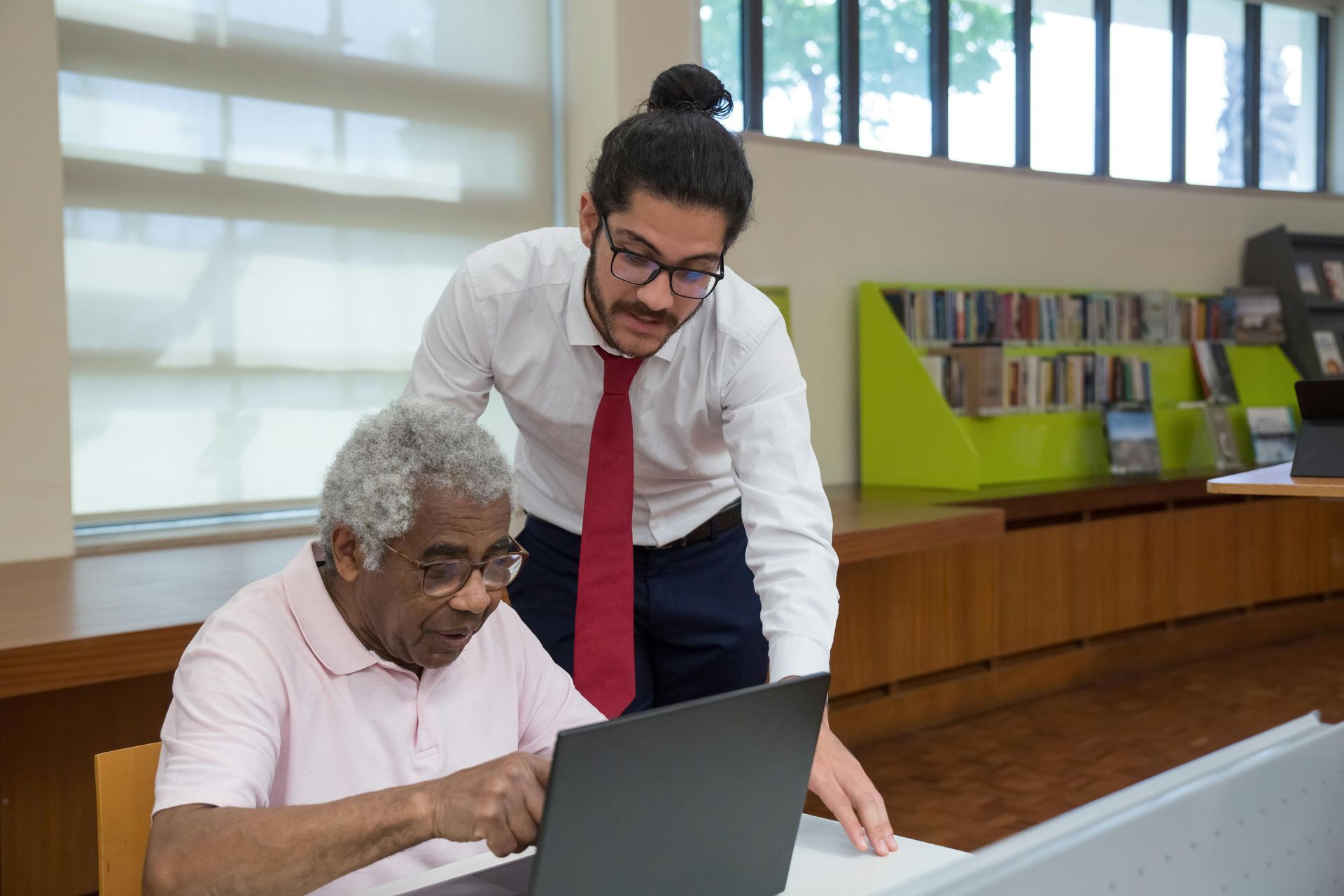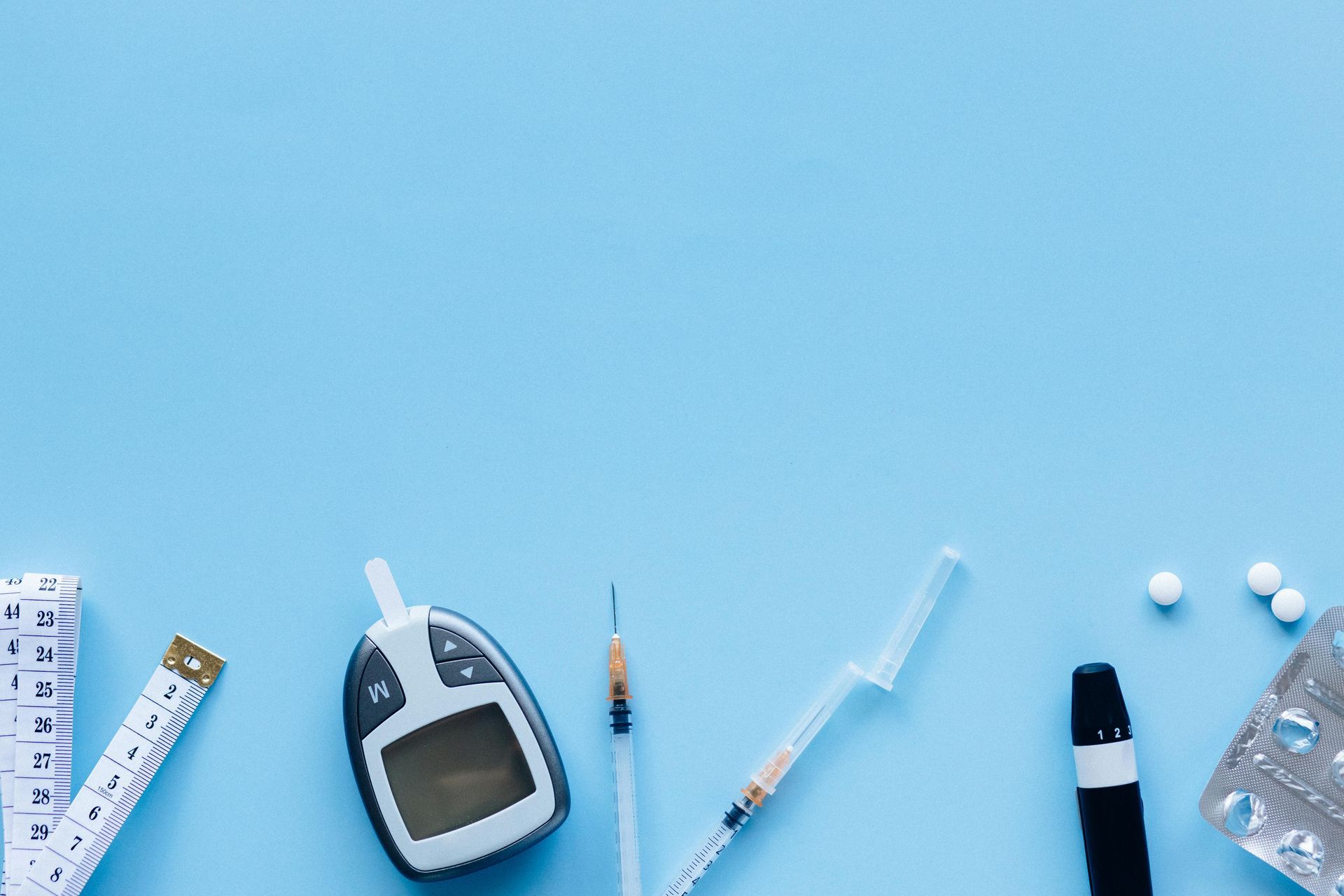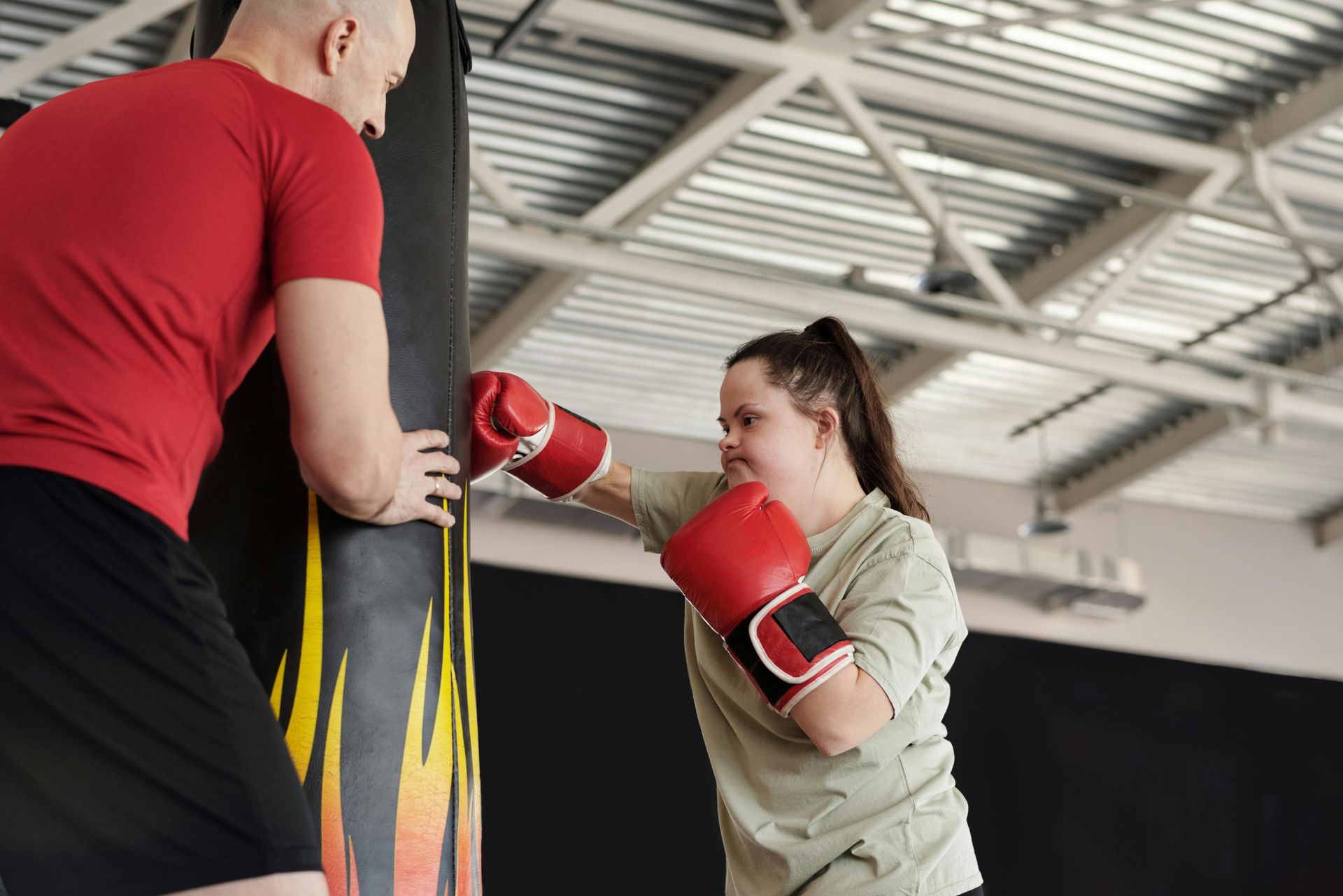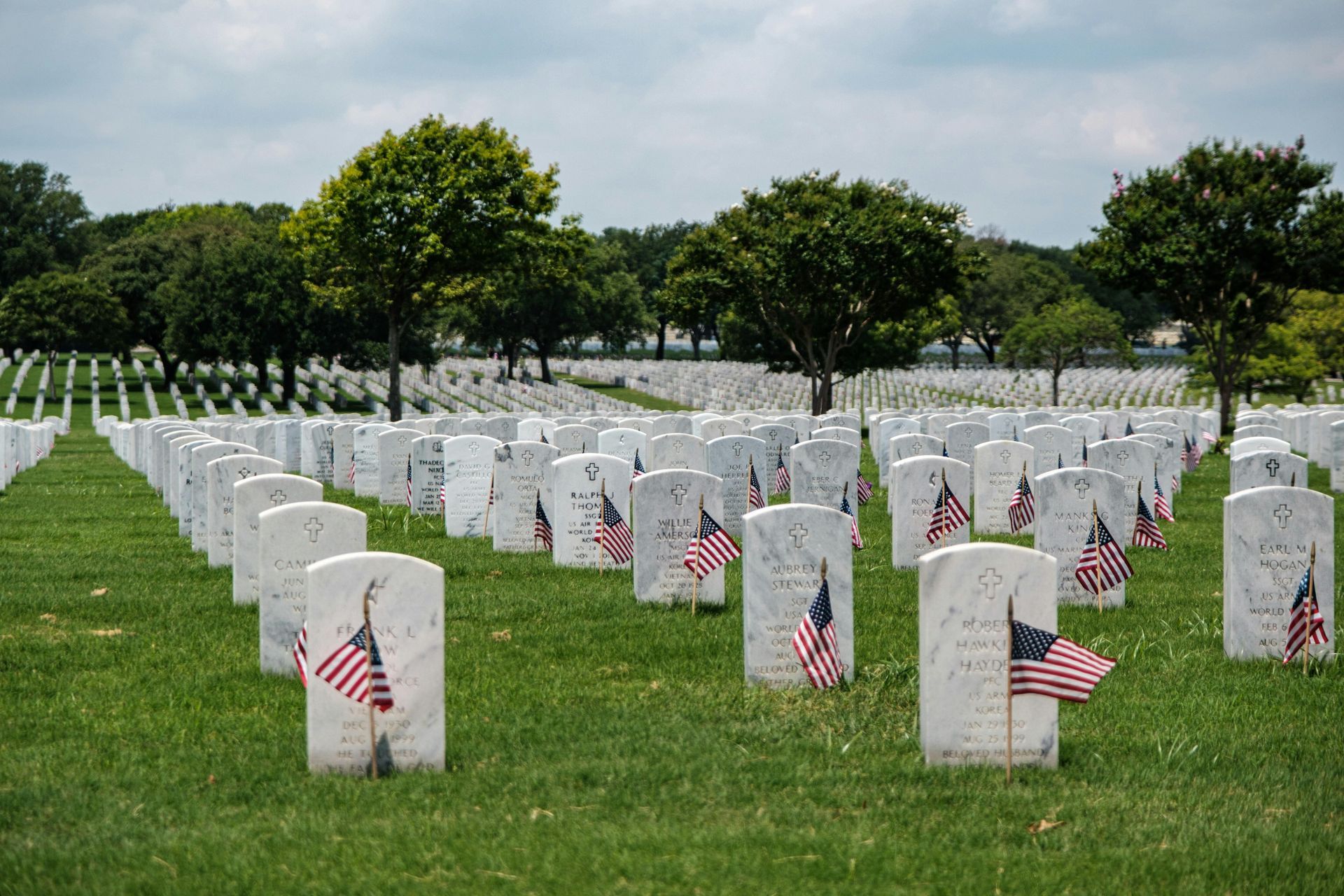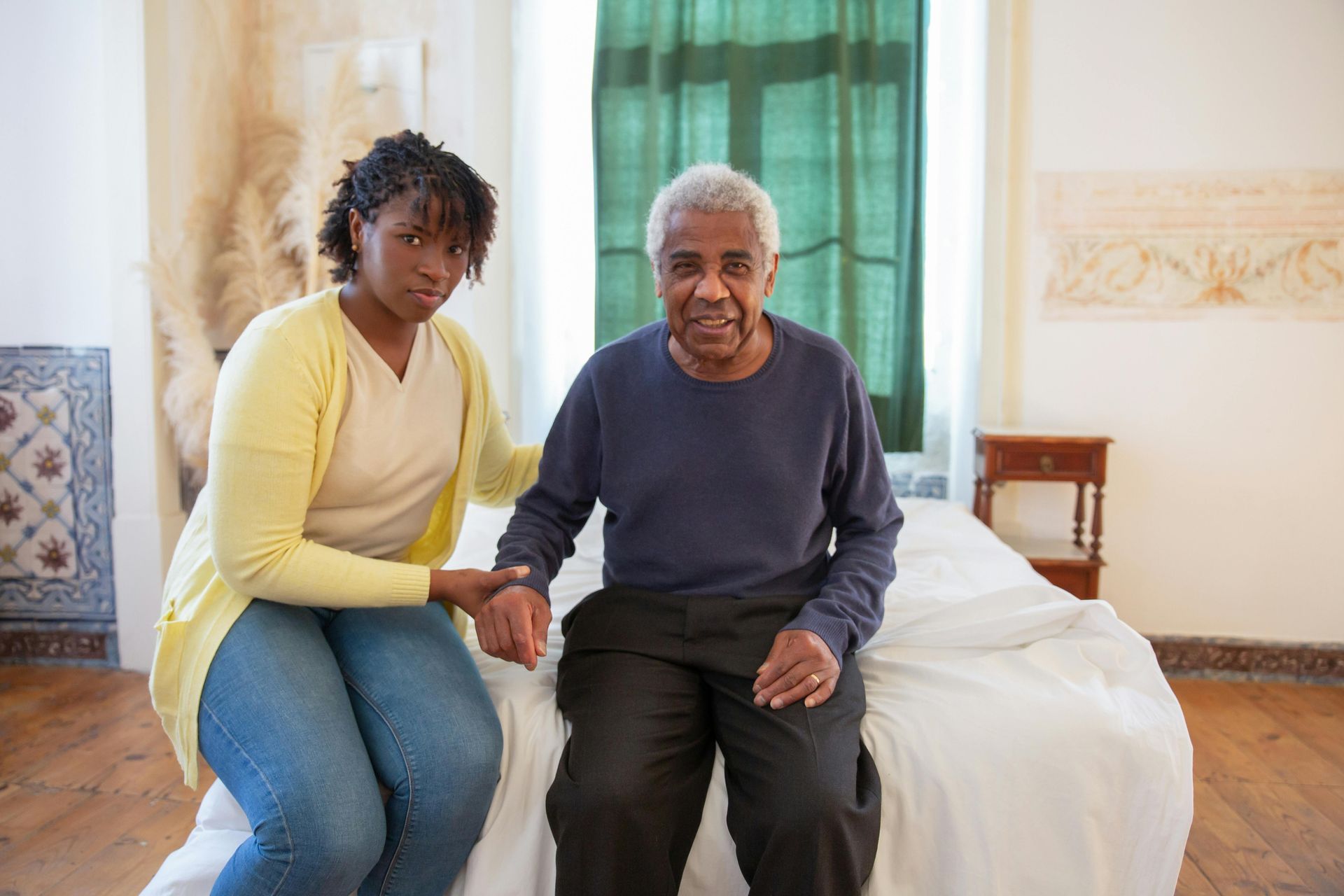As we age, emergency preparedness becomes increasingly important. Seniors, especially those with mobility challenges or medical conditions, need a well-thought-out plan to ensure their safety in the event of natural disasters, power outages, or medical emergencies. Being prepared not only offers peace of mind but can also be lifesaving in critical situations.
Why Emergency Preparedness Matters for Seniors
Seniors may face unique challenges during emergencies, including:
✅
Limited Mobility – Difficulty evacuating quickly in case of fires, floods, or hurricanes.
✅
Medical Needs – Dependence on medications, medical equipment, or assistance.
✅
Cognitive Impairments – Memory-related conditions may make it difficult to follow emergency instructions.
✅
Communication Barriers – Difficulty hearing alerts or reading emergency messages.
With these factors in mind, it is essential to develop a personalized emergency plan that addresses these risks.
Emergency Preparedness Checklist for Seniors
1️⃣ Create an Emergency Plan
- Identify at least two emergency contacts (family members, caregivers, or neighbors).
- Ensure all caregivers and family members know how to assist in case of an emergency.
- Practice evacuation routes and ensure exits are accessible.
2️⃣ Build an Emergency Kit
A well-stocked
emergency supply kit should include:
✔️
Medical supplies & medications (a 7-day supply)
✔️
Important documents (ID, medical records, emergency contacts)
✔️
Flashlights, batteries, and a phone charger
✔️
Non-perishable food & bottled water (at least 3 days' supply)
✔️
Emergency contact list & local resources
3️⃣ Plan for Power Outages
For seniors relying on medical equipment such as oxygen tanks or power wheelchairs:
⚡
Have backup power sources (battery packs or a generator).
⚡
Notify local authorities if you rely on electricity-dependent medical devices.
⚡
Consider a medical alert system for emergency assistance.
4️⃣ Ensure Safe Communication
- Keep a charged mobile phone or emergency alert device at all times.
- Enroll in local emergency alert systems for real-time updates.
- Arrange a check-in system with neighbors or caregivers.
5️⃣ Prepare for Natural Disasters
🌪
For storms & hurricanes: Have a
designated safe area in your home.
🔥
For fires: Keep fire extinguishers accessible and
practice fire drills.
🌊
For floods: Store essential items on higher levels and know evacuation routes.
Final Thoughts
Preparedness can mean the difference between safety and danger. By taking proactive steps, seniors can stay safe, independent, and ready for any emergency. If you or a loved one need guidance in emergency planning, support is available.
📞 Ensure peace of mind today—contact a professional care provider for assistance.



